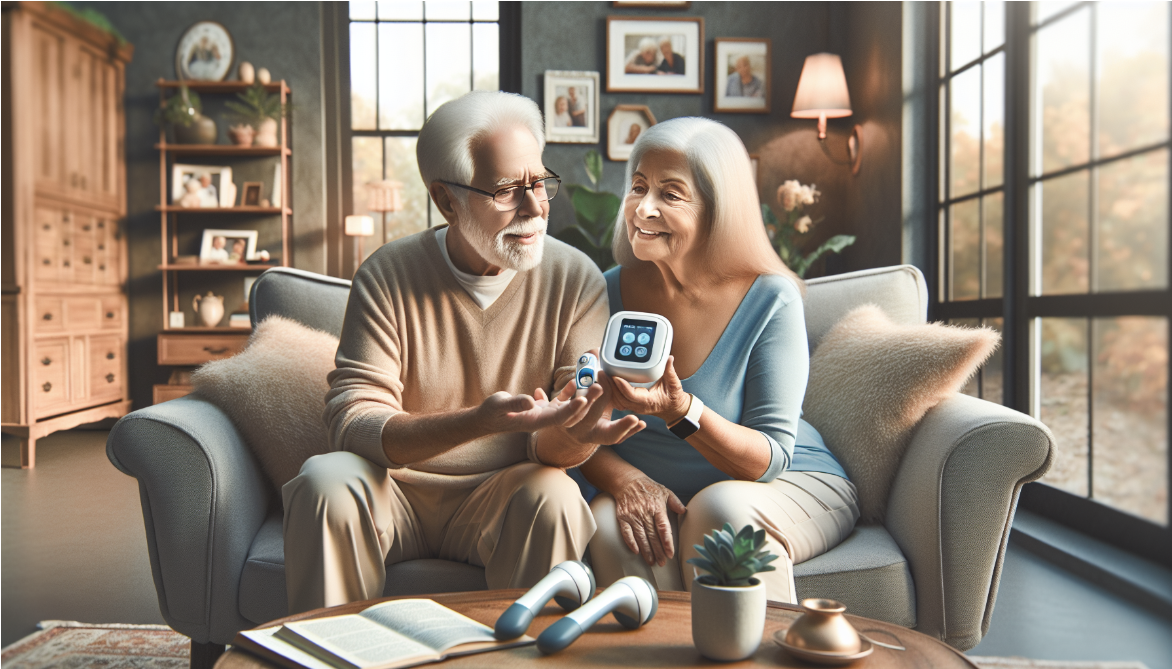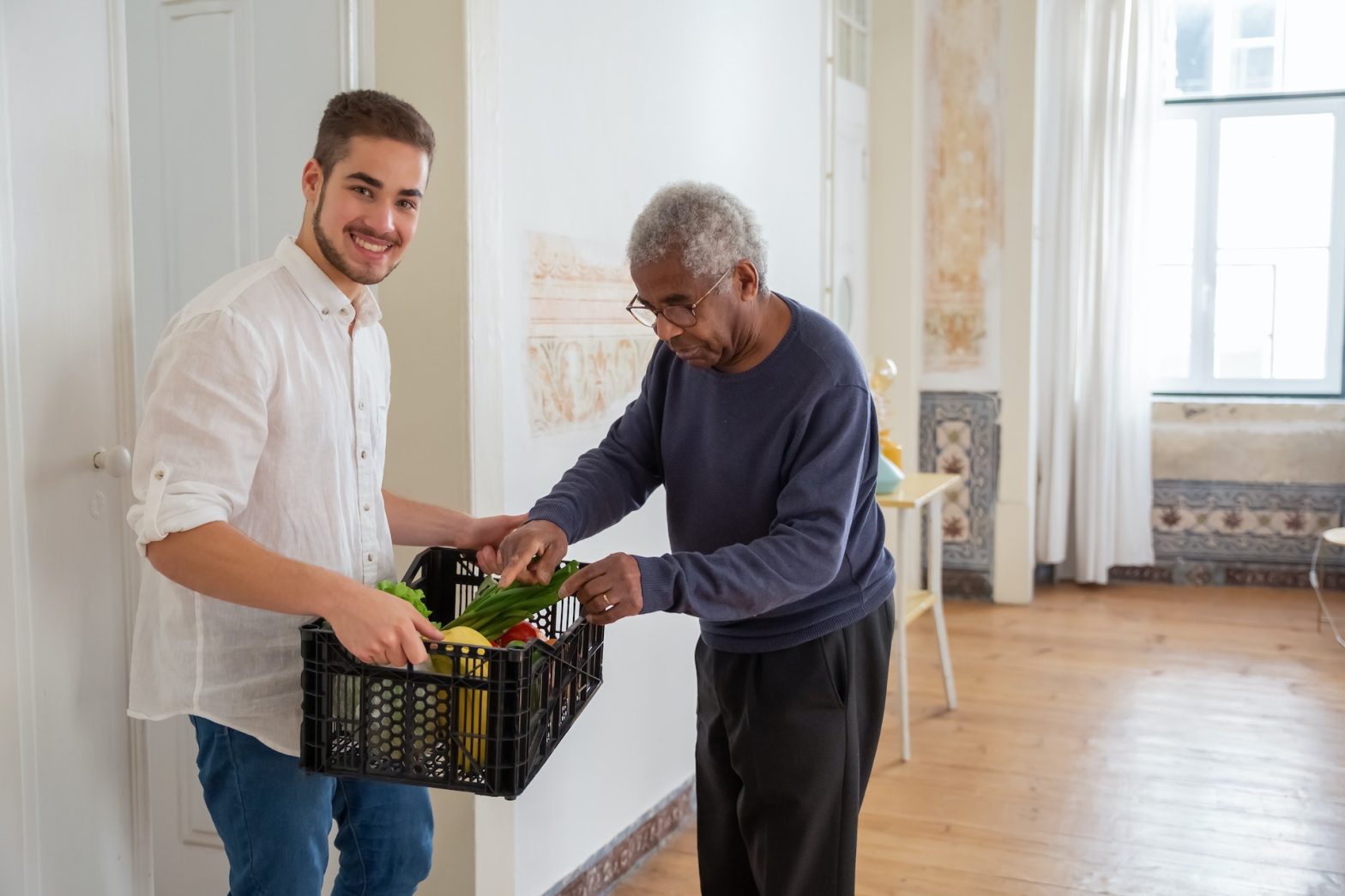Speak to a local care advisor at Assisted Living Locators by calling (888)-267-4741.
Learn about Assisted Living, Senior Living, Memory Care, and In-home care options.
A big concern for many seniors and their caretakers are the potential problems that may arise after the caretaker has left for the day.
Loneliness, boredom, and risk of accidents or medical problems are often feared at night.
Incontinence, navigation through a dark house, and fear of falling are all night-time issues that many seniors face.
Providing night care offers a higher degree of safety and the ability to respond quickly to any emergency. Fear factors are reduced for both the senior and the caregiver and very often friendships develop.
Night care service providers are often Companions as well, though there are strict rules that must be followed. Night care providers must have a private place to sleep though a big part of their purpose is to assist a senior that must get up in the middle of the night to help with bathroom care, assist with medication, or many other events that can be problematic. They are not there however, to provide company in the middle of the night if the senior just cannot sleep.
Even though night care providers often spend much of their time sleeping, they are officially on the clock as long as they are present in the house. Their job is to be there for emergency purposes and for when there are physical problems that must be dealt with during the night.
Additional Equipment
Check with your night care provider to see if they provide monitoring/notification equipment or if that is up to you. It can go either way. Monitoring equipment provides a live radio link between the two bedrooms so that if there are noises, the night care worker can hear and respond. This type of equipment is often the same that is used by mothers of infants who need to hear when the baby wakes up.
This kind of monitoring is often used but can be somewhat inconvenient when the senior makes a great deal of normal night noise like snoring, coughing, or tosses in bed a lot.
Notification equipment is slightly different. There is not a live radio feed between the two bedrooms but pressing a call button creates that live connection, much like the call button in a hospital room. In most instances and when the senior is in full control of mental faculties or as long as there are no concerns over the senior’s ability to ask for help, this is the best option.












